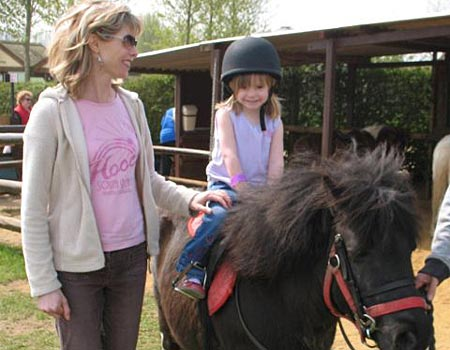Most of the
Portuguese police officers who looked for Madeleine McCann after her
disappearance had no formal training in missing people searches,
case files revealed today
Up to 100
personnel spent a week scouring an area up to 15km (9.3 miles)
around the Algarve resort where the little girl vanished on May 3
last year.
But they failed
to find any clues to Madeleine's fate, and in July Portuguese
detectives called in leading British expert
Mark
Harrison.
Mr Harrison,
national search adviser for all UK police agencies in cases of
missing people, homicides and abductions, reviewed the initial
operations and advised on the inquiry's future strategy.
|
The
search officers - with the exception of the search and
rescue team dispatched from Lisbon - had not benefited
from any formal training in search procedures |
He noted that
neither search co-ordinator Major Luis Sequeira nor most of his
teams had received any training for the task of looking for the
missing girl.
Between 80 and
100 people drawn from the Guarda Nacional Republicana (GNR) local
police, civil protection, fire brigade, Red Cross and urban police
were involved in the searches.
In his report,
dated July 23 last year, Mr Harrison wrote: "Major Sequeira has not
benefited from any formal training or accreditation in the
management of searching for
missing persons.
"The search
officers - with the exception of the search and rescue team
dispatched from Lisbon - had not benefited from any formal training
in search procedures."
The report,
contained in police files made public last week, focuses on the
possibility that
Madeleine was murdered and her body hidden in areas
previously scrutinised by police.
Mr Harrison
highlighted an open area to the east of Praia da Luz, the village
where the little girl disappeared, that afforded "many opportunities
to dispose of a body" and recommended fresh searches there.
Most
significantly, he advised that specialist
sniffer dogs should be used to
examine key sites such as the McCanns'
holiday apartment and the home of
official suspect
Robert Murat.
In late July and
early August two British dogs trained to scent corpses and human
blood were brought to Portugal and taken around property associated
with people connected to the case.
As a result of
their findings further samples were taken from the McCanns' flat and
sent to the Birmingham-based Forensic Science Service (FSS) for
analysis.
The sniffer dog
and DNA evidence were central to Portuguese detectives' decision to
name
Mr
and Mrs McCann as "arguidos", or formal suspects, in
Madeleine's disappearance on September 7 last year.
In his report Mr
Harrison also concluded that information about the child's
whereabouts provided by a former South African policeman was "likely
to be of low value".
Danie
Krugel, who claims to have invented a device for finding
missing people, visited Praia da Luz last July on the invitation of
Madeleine's parents, Kate and Gerry McCann.
Based on his
investigations he said he believed she was not transported beyond
the area where she disappeared. In a separate report Mr Harrison
expressed scepticism about the possibility that Madeleine had been
buried on Praia da Luz's beach, noting this was a "high risk
activity" and "extremely rare".
Mr and Mrs
McCann, both 40, from Rothley, Leicestershire, insist they will
continue believing their daughter is alive until shown concrete
proof to the contrary.
On July 21,
Portuguese prosecutors announced they were shelving the case,
although it can be reopened if credible new evidence comes to light.
At the same time
the McCanns and Mr Murat were told they were no longer arguidos in
the investigation. |



